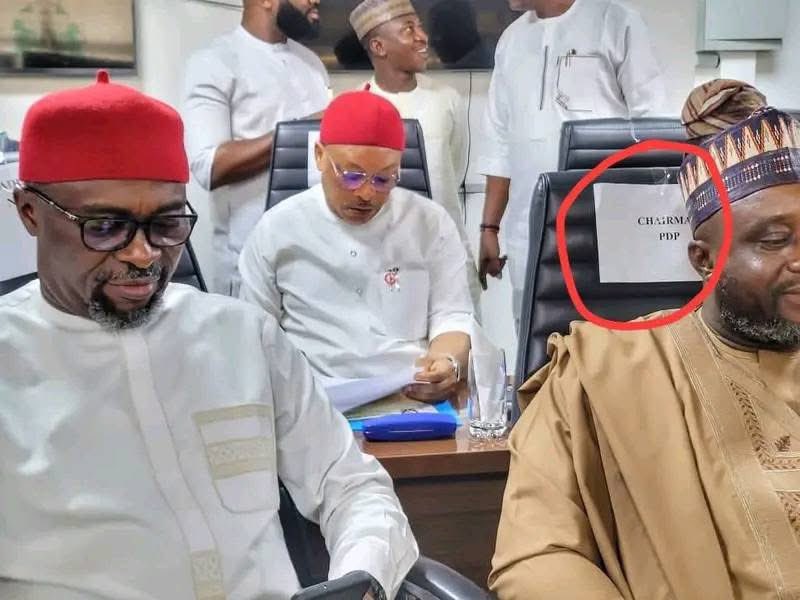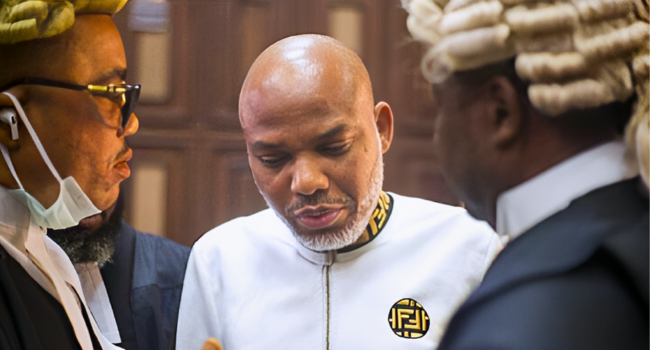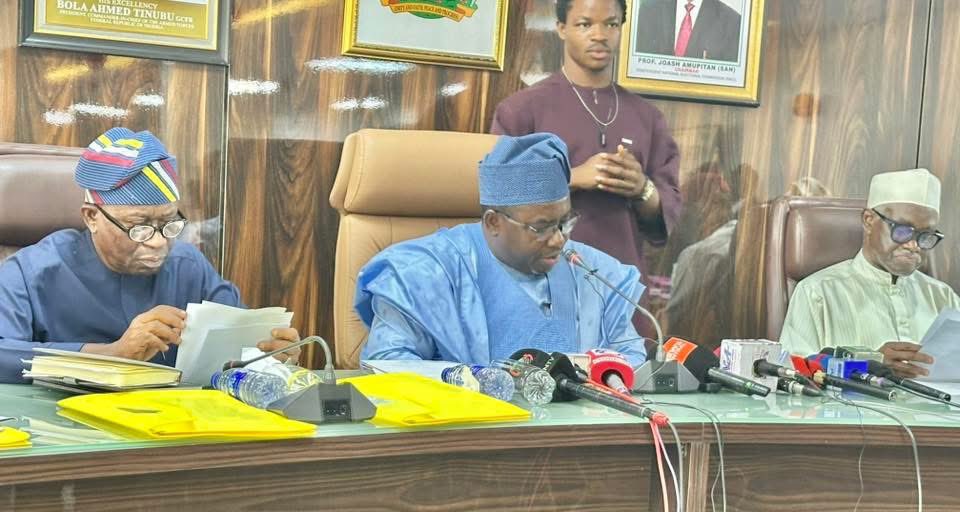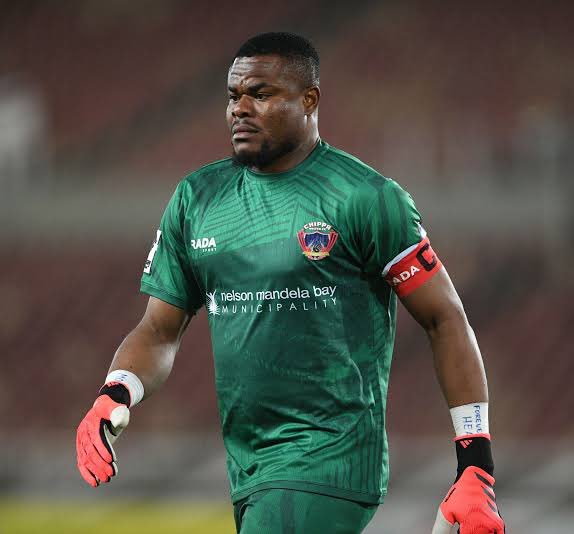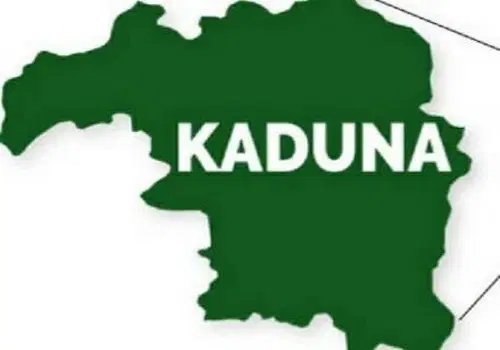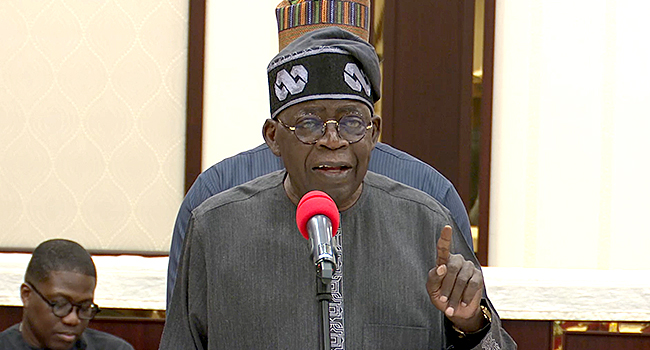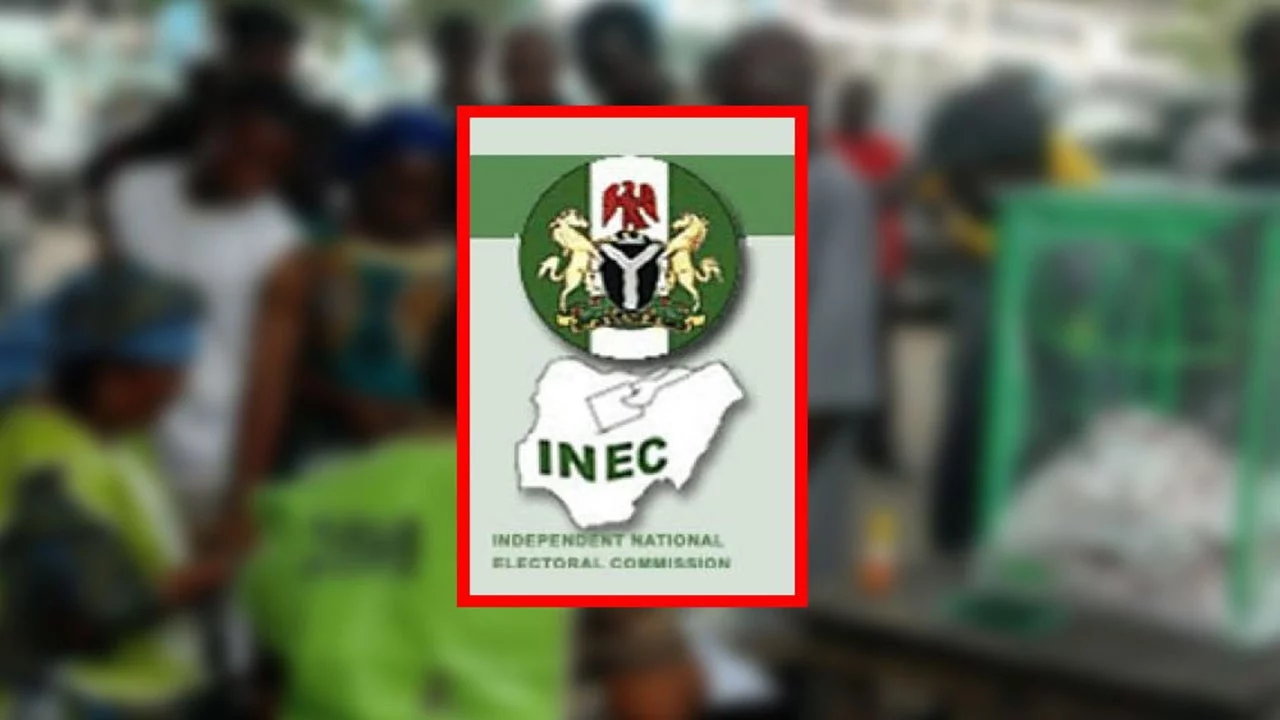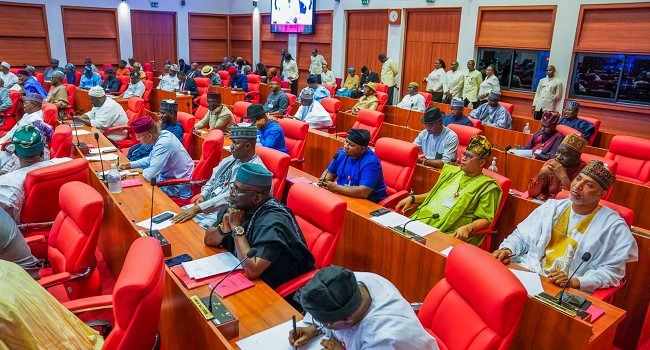News
Opinion: Nigeria’s commitment to religious freedom and security must not be ignored
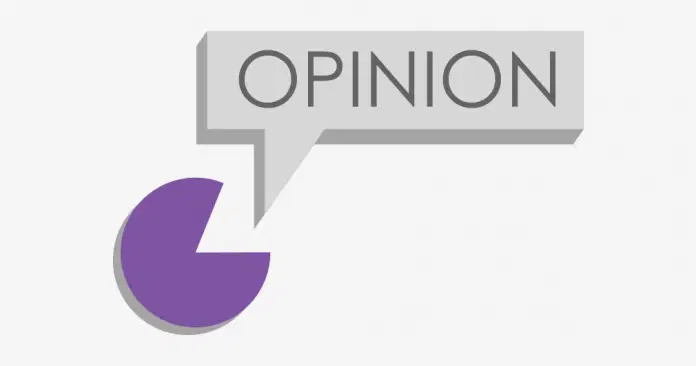
The recent decision by the United States to classify Nigeria as a “Country of Particular Concern” has stirred global attention, but it also risks overlooking significant reforms and security gains currently underway in Africa’s largest democracy.
While Nigeria faces undeniable security and religious-tolerance challenges, the narrative is incomplete without acknowledging the deliberate steps the Tinubu administration has taken to uphold religious freedom, protect communities and restore stability.
Since assuming office, President Bola Ahmed Tinubu’s administration has treated national security and unity with urgency. Renewed counter-terrorism operations have disrupted major insurgent networks across the Northeast, while intensified intelligence-led deployments in the North-Central region continue to reduce farmer-herder clashes. In the Northwest, coordinated military offensives are degrading bandit networks, and enhanced maritime security in the Niger Delta and Gulf of Guinea has significantly reduced piracy and oil theft, safeguarding both lives and national assets.
Beyond security operations, the government has strengthened community-reconciliation programs and socio-economic interventions to address the root causes of conflict. Humanitarian support for displaced persons has expanded, interfaith dialogue platforms have been reinforced, and community policing frameworks are being enhanced. Importantly, the rights of Nigerians to freely worship, whether Christian, Muslim or of other faiths, remain guaranteed and actively defended, with the President consistently affirming that no citizen’s safety or religious liberty should be compromised.
At the same time, the administration has implemented economic reforms that may be unpopular in some quarters, yet are necessary to reset the economy after years of structural strain. Fuel subsidy removal, exchange-rate alignment and stricter fiscal discipline are intended to stabilise the macro-economic environment, attract investment and lay a foundation for sustainable growth. In such a delicate phase, a designation of this nature risks unsettling investor confidence and placing additional stress on an economy that is fragile but recovering.
Conversations with officials and policy experts in Washington, where I have previously served, reveal that documentary and video evidence, along with direct engagement with victims and advocacy groups, informed the United States Government’s decision. Whether one agrees with Washington’s conclusion or not, its position is based on intelligence assessments and survivor testimonies. Nigeria must therefore respond with clarity and confidence. What Nigeria confronts is persistent terrorism, and few nations have invested as many lives, resources and political effort in fighting violent extremism and protecting religious communities.
Nigeria’s vibrant civil society, independent media remain important instruments of accountability. International partners, including the European Union and the United Nations, have recognised Nigeria’s renewed commitment to inclusive governance and rule of law.
Nigeria welcomes constructive international engagement. To this end, government should deepen dialogue with Washington, share intelligence, carefully review the evidence cited and provide additional context on verified terrorist activities affecting communities of all faiths. Cooperative engagement, rather than isolation, will help ensure mutual understanding and prevent misrepresentation of the realities on the ground.
Labels of this nature can embolden extremist narratives, unsettle markets and undermine ongoing reforms aimed at building a safer and more prosperous nation. The United States remains a strategic partner, and sustained engagement based on mutual respect and shared democratic values remains essential. Nigeria’s path forward requires collaboration and dialogue, particularly at a time when reforms are beginning to yield gradual progress.
Nigeria acknowledges its challenges and is addressing them with resolve and reform. The nation’s future will be determined not by external labels, but by continued domestic progress, constructive diplomacy and genuine international partnership.
Soneye is a Nigerian media entrepreneur and communications strategist. He served as Chief Corporate Communications Officer of NNPC Ltd
-
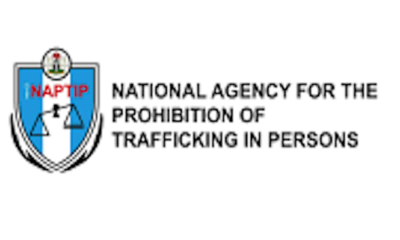
 News2 days ago
News2 days agoNAPTIP cracks Human Trafficking ring in Onitsha, rescues 17 victims, Six arrested
-
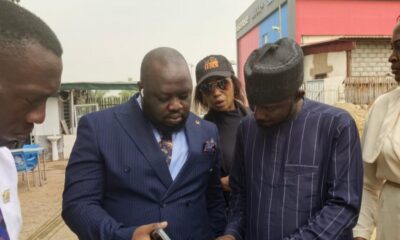
 NUJ FCT2 days ago
NUJ FCT2 days agoBespoke Holdings MD Olatunji Visits NUJ FCT Council, pledges immediate support for Ultra Modern Congress Hall
-
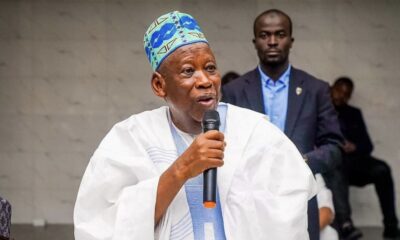
 News2 days ago
News2 days agoKano Court adjourns Ganduje’s trial over alleged misappropriation of funds to April 15
-
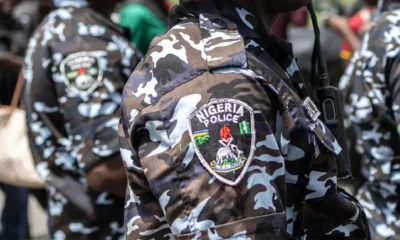
 Metro2 days ago
Metro2 days agoAbia Police deny bomb recovery near Church in Aba
-
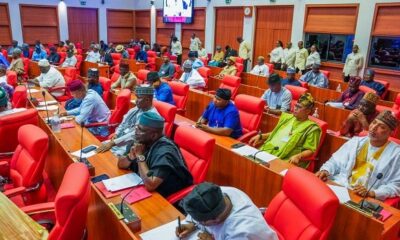
 News7 hours ago
News7 hours agoSenate passes Electoral Act Amendment Bill, dismisses claims of rejecting electronic transmission
-
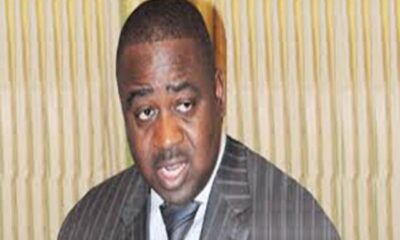
 News1 day ago
News1 day agoFormer Benue Governor, Gabriel Suswam, dumps PDP over internal crisis
-
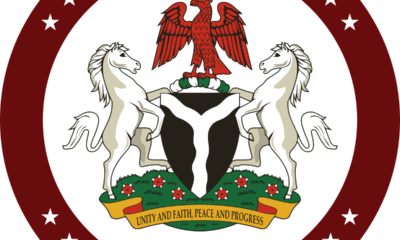
 National News2 days ago
National News2 days agoSenate raises alarm over Snakebite deaths, seeks mandatory Anti-Venom in Hospitals
-
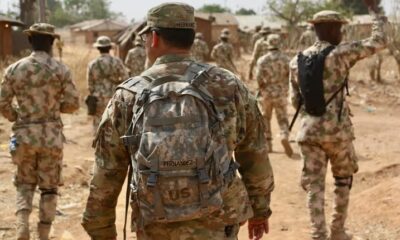
 News1 day ago
News1 day agoAfter December strikes, US sends troops to Nigeria in security partnership

